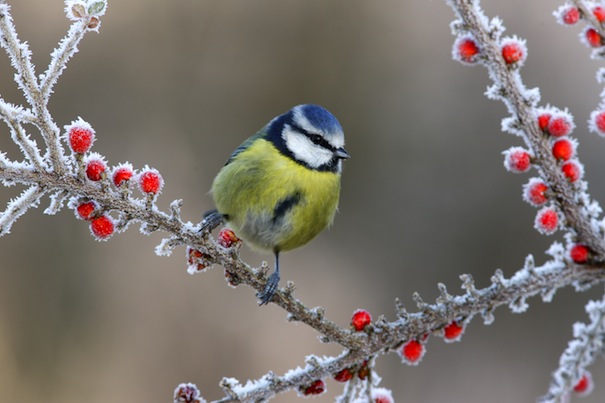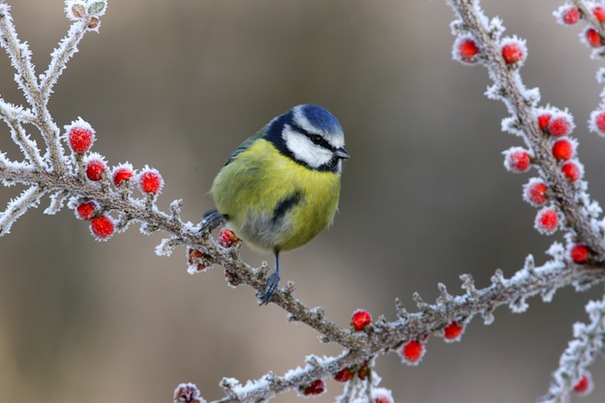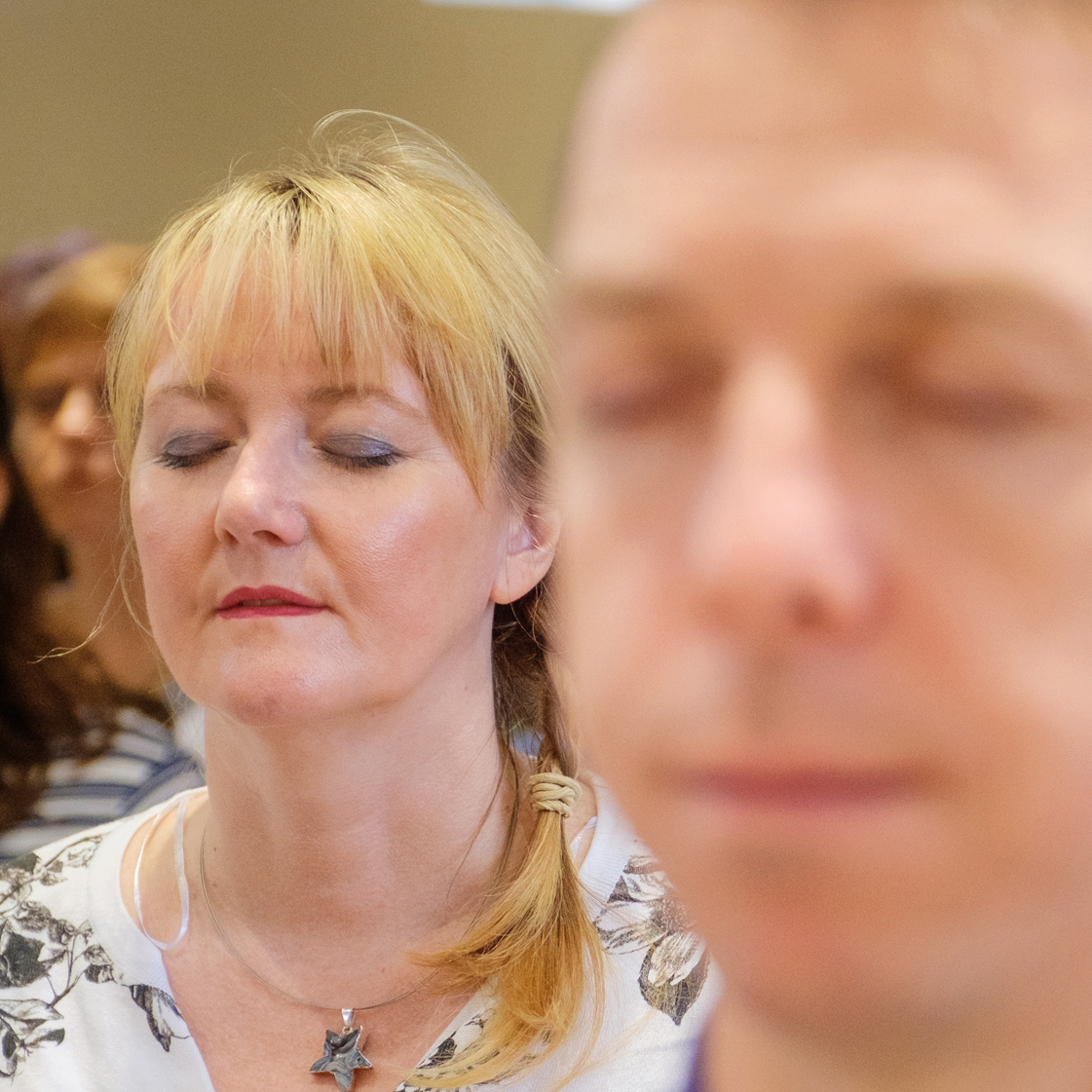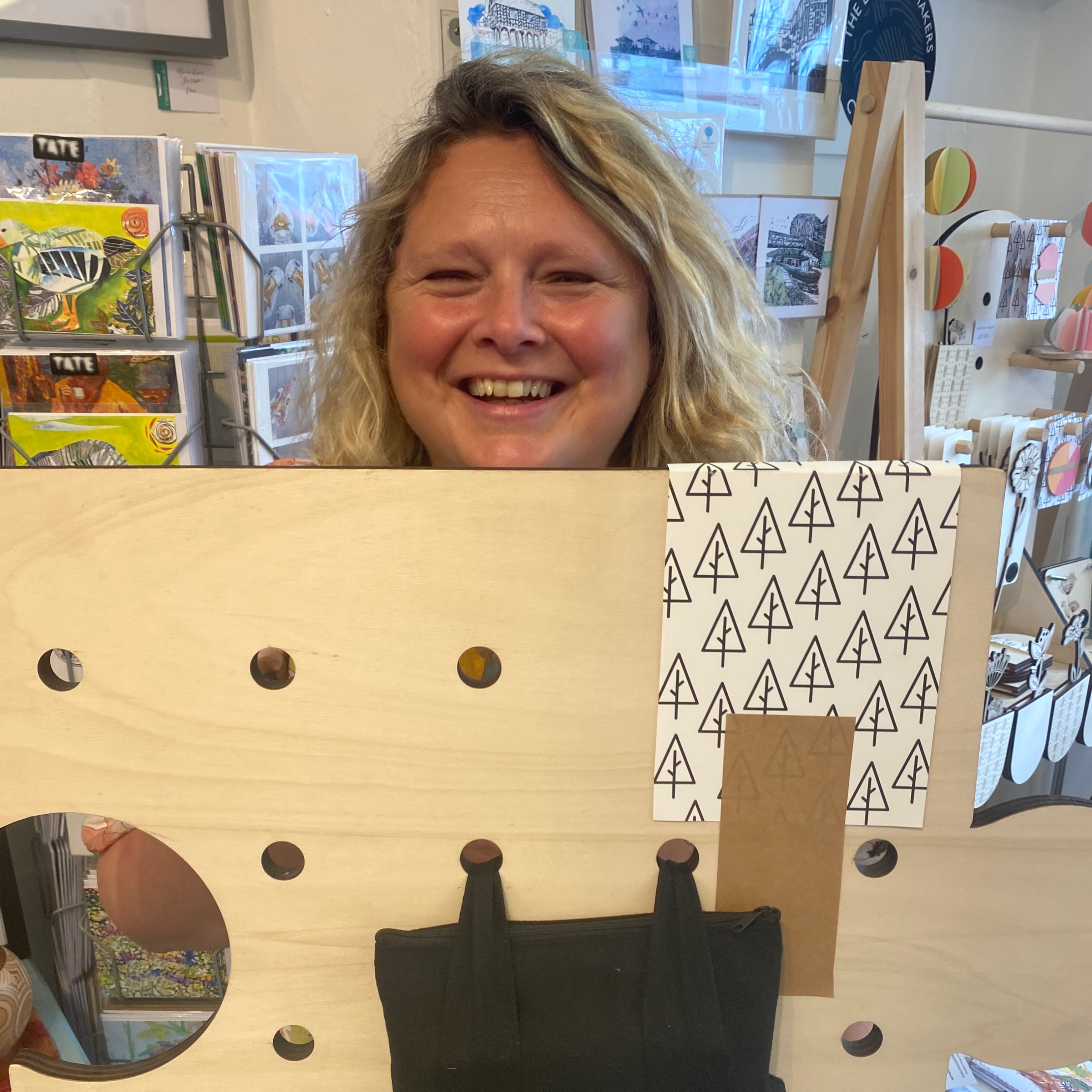It may be the last place you want to be at the moment, but your garden stands a great chance of having a productive year if you do a little ground-work now.
It seems only five minutes since we were thinking about planning the garden for 2013, but here we are again starting another new year. Hopefully we won’t get another long drawn-out winter, but January and February are a good time to start planning your gardening year – even if we’re knee-deep in snow!
Order your vegetable seeds
Planning is especially important if you’re growing vegetables; get out the seed catalogues and decide what you’d like to grow – it’s always worth looking at any new varieties available. Crop rotation gets the best out of your ground – a four-year system is usual, rotating potatoes, brassicas, legumes and roots.
Seed potatoes will be arriving from the beginning of January, weather permitting. With over 45 different varieties, including the popular Albert Bartlett, there’s plenty of choice, but buy them as soon as you ca as the more popular varieties soon sell out. Once you get them home you can put them to chit (start shooting) in old egg boxes in a light frost-free environment. Remember you can start seed potatoes growing in pots inside as early as you like, so long as they are protected from any frosts.
Onion sets, shallots and garlic arrive in February. Sweet peas can be started off under cover in January and February, as can early vegetables – radish, beetroot and lettuce.
Get ready for spring
If it’s fine and frost free, finish any tidying jobs that weren’t done before Christmas, especially clearing up leaves and debris. Trimming old leaves away from hellebores makes it easier to see the flowers and prevents the spread of disease. Prune wisteria now – cut back the previous years’ growth to two or three buds. If it’s mild, fork over beds and vegetable plots. This will prepare the ground for the new season, and will also help to reduce pests by exposing them to hungry birds.
Keeping frost at bay
If it’s cold and frosty, make sure that you keep any vulnerable plants protected with fleece. Cover them before they get frozen and check regularly to see if they need any water in dry spells. If we get heavy snow, brush it off conifers and hedges to stop them splitting open with the weight. If you put down salt on paths, take care as it can scorch both leaves and roots. If it’s mild, you can plant bare root and containerized shrubs and trees.
If you haven’t used winter wash on your fruit trees yet, do so on a mild day before the buds start to burst; this will clear up any pests and their eggs. Make sure you have a grease band wrapped round the stems; this can be kept on year-round to catch any pests climbing up the tree.
Prune apples and pears if you haven’t already done so – cut out any crossing or rubbing branches to prevent disease spread. Never prune stone fruit in winter as this encourages disease.
Get greenhouses sparkling
While you have very little in your greenhouse, this is the ideal time to turn it out, wash it down and disinfect it. Remove as much as possible and wash down any staging, seed trays and pots with a good detergent or greenhouse disinfectant. Then wash the glass again with a detergent to remove any algae, pests and overwintering eggs. The greenhouse can then be fumigated with a sulphur candle to clear up any remaining pests. Having a clean greenhouse to begin with ensures that seeds and plants get off to a good start.
Get the most from indoor plants
Your Christmas poinsettia should give colour throughout January and February, so long as it’s kept warm and draught free. Cyclamen will provide colour right through to Easter. Don’t forget azaleas, miniature roses and kalanchoes. Why not put a pot of narcissus or hyacinths on a window sill – they’re cheaper than a bunch of flowers and last much longer. If you have primroses in the house, once they’ve finished flowering they can be planted out into the garden to flower again next year.
… and finally, don’t forget our feathered friends, especially if the weather is poor. Clean off bird tables regularly and remember to put out fresh water daily.
This month’s Gardening Tips are from Ann Winwood of Lealan Garden Centre, Shipley







